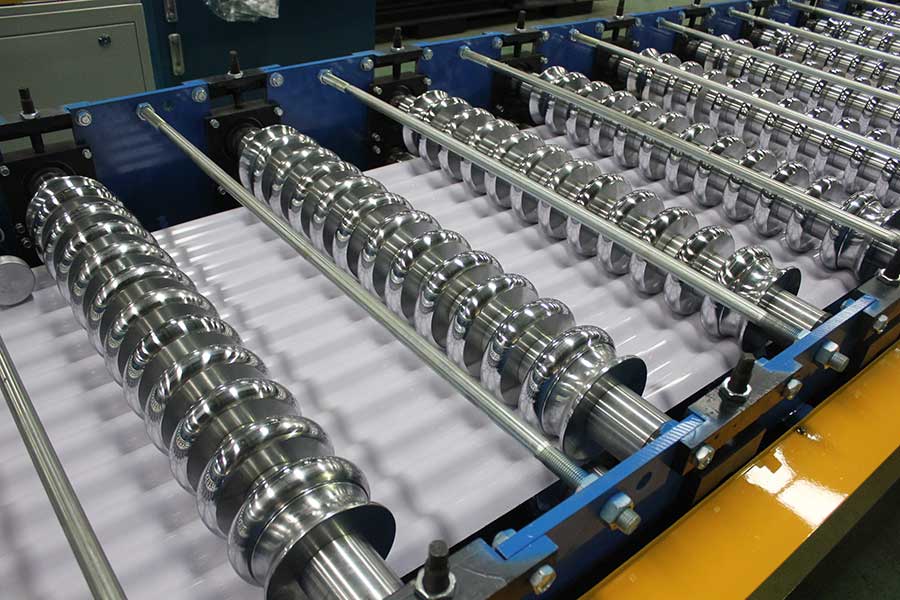
In today's competitive manufacturing environment, businesses are constantly looking for ways to reduce costs and minimize their environmental impact. An important result of this pursuit is the focus on energy efficiency. Roll forming processes, which are widely used especially in the metal forming industry, offer significant energy saving potential with the right approaches.
Roll forming is a manufacturing method that gradually transforms metal strips into the desired profile through a continuous process. This process, which offers many advantages compared to traditional methods, has also made significant improvements in energy efficiency. So, what exactly are energy-efficient roll forming processes and what benefits do they provide to businesses?
Factors That Increase Energy Efficiency:
- Optimized Machine Design: The new generation of roll forming machines are designed to reduce friction, consume less energy and have more precise control systems. In this way, it becomes possible to do the same job with less energy.
- Advanced Control Systems: Automation systems that precisely control every stage of the process prevent unnecessary energy consumption. Features such as speed control, material feed optimization, and process monitoring directly impact energy efficiency.
- Use of Lightweight and High-Strength Materials: Using materials that are lighter but have the same or higher strength can reduce the energy expended during the process. This is especially important for moving parts and high-speed production lines.
- Waste Reduction and Recycling: Energy-efficient roll forming processes minimize waste by optimizing material use. Recycling the generated waste also indirectly contributes to energy savings.
- Proper Lubrication and Maintenance: Regular maintenance of machines and proper lubrication reduce friction, reducing energy consumption and prolonging machine life.
Benefits of Energy Efficient Roll Forming Processes:
- Cost Savings: Less energy consumption means a significant reduction in direct electricity bills. This increases the competitiveness of businesses.
- Environmental Impact Reduction: Lower energy consumption contributes to a reduced carbon footprint and a more sustainable production model.
- Increased Productivity: Optimized processes and fewer breakdowns increase production speed and efficiency.
- Better Product Quality: Thanks to precise control systems, more consistent and high-quality products are obtained.
- Long-Lasting Equipment: Regular maintenance and less strain extend the life of machinery and equipment.
As a result, energy-efficient roll forming processes are becoming an indispensable part of modern production. Investing in these technologies, which offer both economic and environmental advantages, will enable businesses to move forward with stronger steps into the future.
